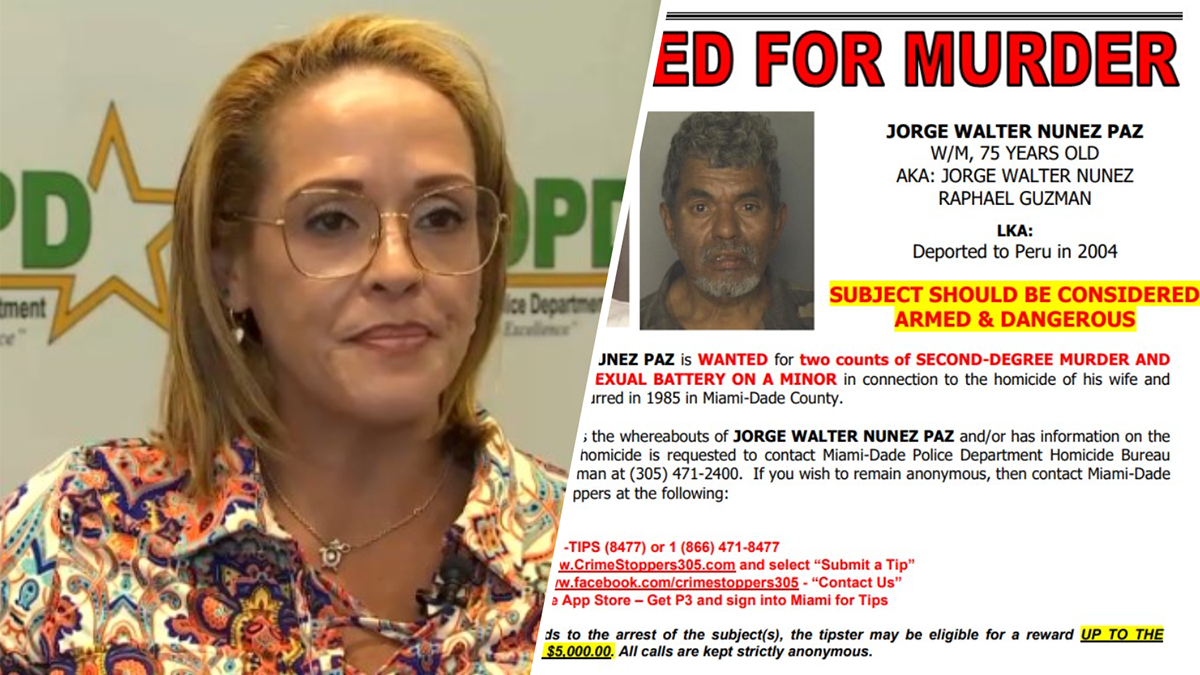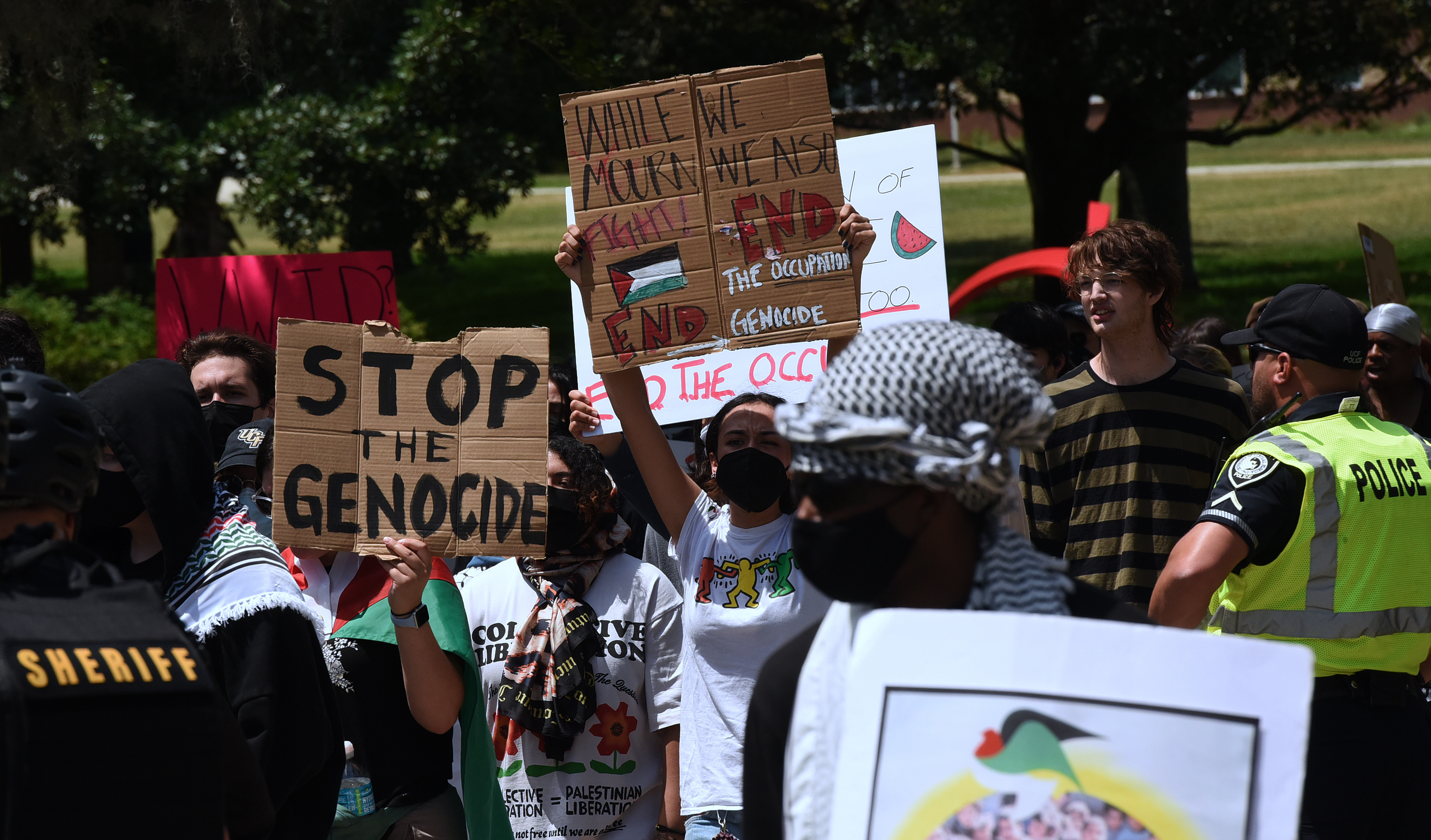In the six years since the Parkland mass shooting tragedy, Manuel Oliver has devised and instigated many well-publicized demonstrations against gun violence.
Oliver’s son, Joaquin, was murdered inside Marjory Stoneman Douglas High School.
Oliver’s latest effort to honor his son is completely different. He is a consultant on a short film, “American Cancer Story,” a chilling look at both childhood cancer and school shootings.
“In this case, we’re putting together two terrible causes of death of our kids, one is gun violence, which is number one, another one is cancer, so by merging this, I think we are amplifying our demographics, our people that might be interested in learning more about this,” Oliver said. “It’s a matter of getting more and more people involved, we need, gun violence requires more attention, in general, and whatever you do to make that happen, it’s more than welcome.”
Get South Florida local news, weather forecasts and entertainment stories to your inbox. Sign up for NBC South Florida newsletters.
The six-minute film and its 90-second version show a girl leaving school to undergo cancer treatment. After three months of chemotherapy, she returns to school, and on that same day, a school shooting erupts.
Joaquin’s mother, Patricia Oliver, plays the teacher in the film, which was made by the director of the Netflix show, "Narcos." All the professionals involved donated their services.
Local
“The number one cause of death in our kids, it’s gun violence, it’s not cancer anymore, it’s not car accidents anymore, it’s gun violence,” Oliver points out.
The question, they say, is why does the United States allow this situation to persist?
“It’s not out of our hands, it’s not up to God, it’s up to us,” Oliver said.
Curing cancer requires research, which is why the film has a link to donate money to childhood cancer studies. It also makes a point about gun violence in a startling way.
“The battle against cancer is never over, but at last, Anna was going back to school,” the narrator of the film says at one point.
We see Anna walking into class with a friend and seconds later, a gunman begins shooting students in the hallway as Anna and her friends are shown cowering in the classroom. It is intense, and it is graphic. Oliver knows it could be traumatizing for gun violence survivors and for those who lost loved ones in Parkland, as he did.
“In a way, I have the right to do this, I know the feeling and I know the frustration after six years,” he said.
Oliver said the power of the film’s message, to do something about all forms of gun violence, is worth the discomfort it might cause.
The film ends with a fade to black, as screams and gunshots are heard, along with a final clink as a bullet casing hits the floor.



